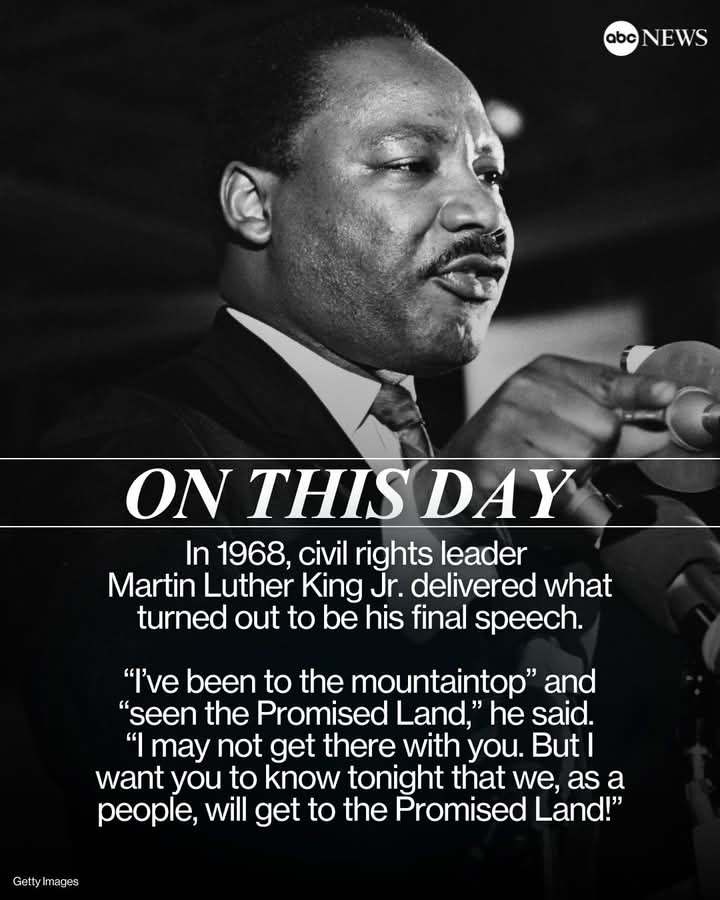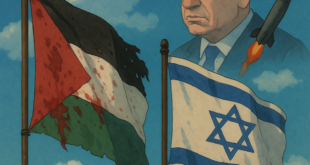Martin Luther King Jr.’s Final Hours and His Last Speech: A Legacy of Hope and Sacrifice
Martin Luther King Jr. was one of the most lost influential civil rights leaders in history. His commitment to justice, equality, and nonviolent resistance shaped the fight against racial discrimination in the United States.
On April 4, 1968, King was assassinated in Memphis, Tennessee. However, his final hours and last speech, often referred to as the “I’ve Been to the Mountaintop” speech, left an indelible mark on history.
The Setting: A Call for Justice in Memphis
In early April 1968, King traveled to Memphis to support the city’s sanitation workers, who were on strike for better wages and working conditions.
The strike symbolized a larger struggle for economic justice, one that King had increasingly focused on in his later years. Despite threats to his life and the growing tensions in the civil rights movement, King remained committed to his mission.
The Final Speech:
“I’ve Been to the Mountaintop” On the night of April 3, 1968, King delivered his last speech at the Mason Temple in Memphis.
The atmosphere was charged with emotion, and King, despite feeling exhausted and unwell, spoke with great passion.
In his speech, King reflected on his journey, the struggles of the movement, and his belief that change was imminent.
He invoked biblical imagery, comparing himself to Moses standing on the mountaintop, glimpsing the Promised Land but knowing he might not reach it himself. In what many see as a prophetic moment, he said:
“I may not get there with you, but I want you to know tonight that we, as a people, will get to the Promised Land.”
This powerful statement was seen as an acknowledgment of his mortality, yet it also reinforced his unwavering faith in the movement’s success.
The Final Hours: A Moment of Reflection
The next day, April 4, 1968, King spent time at the Lorraine Motel in Memphis.
He was in high spirits, sharing jokes with his close friends and colleagues, including Ralph Abernathy and Jesse Jackson. As evening approached, King stepped onto the balcony of his motel room.
At 6:01 p.m., a gunshot rang out. A bullet struck King in the neck, and he collapsed. His friends rushed to his side, but the wound was fatal. He was taken to St. Joseph’s Hospital, where he was pronounced dead at 7:05 p.m.
The Aftermath:
A Nation in Mourning News of King’s assassination spread quickly, triggering riots in over 100 cities across the U.S. His death was a devastating loss, but his legacy only grew stronger. His vision of equality, justice, and nonviolent resistance continued to inspire future generations.
The Unfinished Dream
Martin Luther King Jr.’s final hours were marked by faith, courage, and an unshakable belief in justice.
His last speech serves as a reminder that the fight for equality is ongoing.
Though he did not live to see the full realization of his dream, his words continue to inspire those who strive for a better world.
 Top Trends Blogs Trending Blogs – Latest News
Top Trends Blogs Trending Blogs – Latest News


